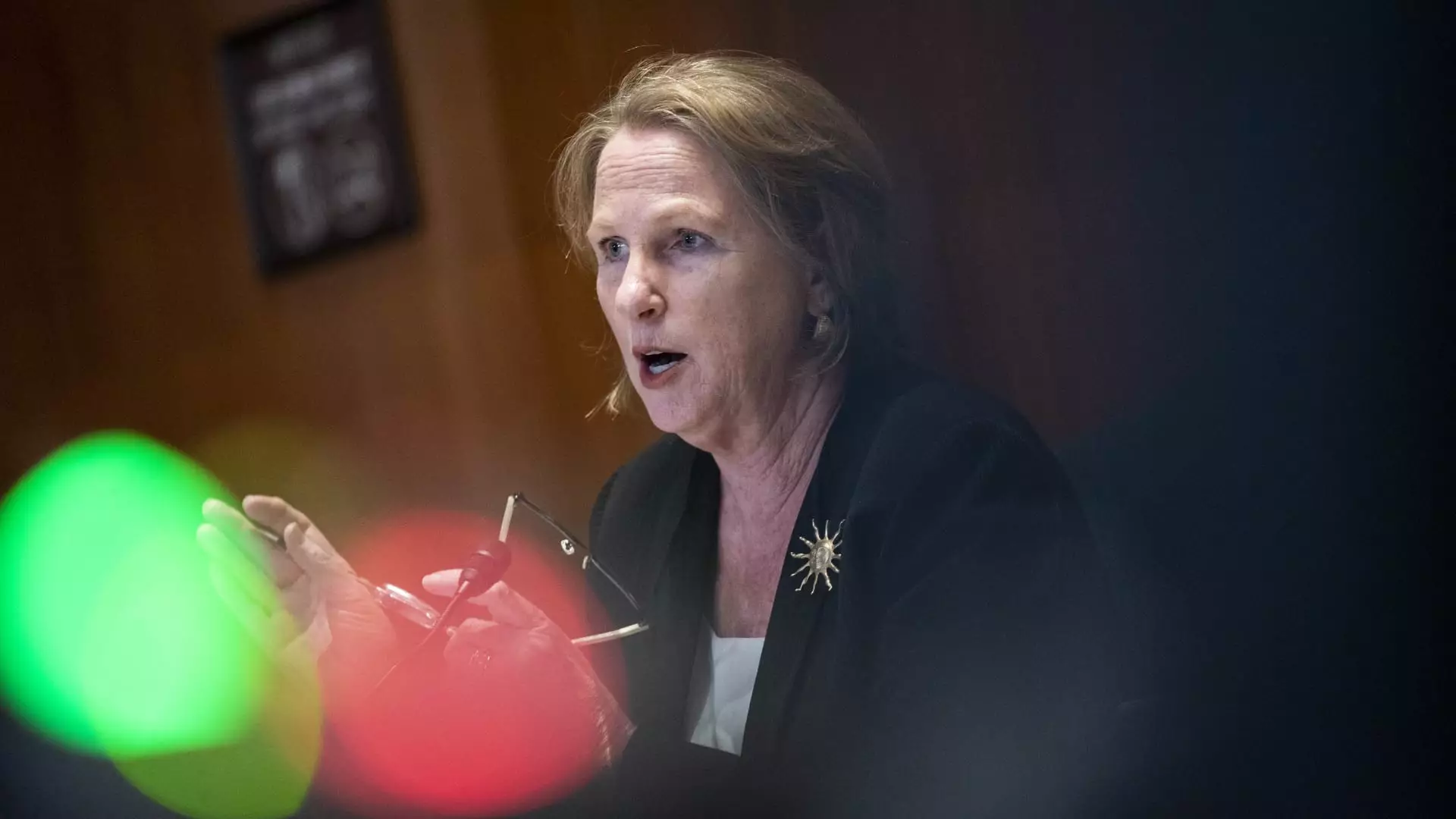As the landscape of American politics evolves with a Republican-dominated Congress, the Internal Revenue Service (IRS) finds itself under intensified scrutiny. The agency’s operational integrity and the quality of taxpayer services are at the forefront of discussions, particularly as internal watchdogs voice concerns over disproportionate funding allocations. For the IRS to function optimally, a delicate equilibrium between enforcement and taxpayer support must be achieved.
The recent report by the National Taxpayer Advocate, Erin Collins, sheds light on a glaring imbalance in fiscal priorities within the IRS. Particularly alarming is the allocation of billions through the Inflation Reduction Act (IRA), where a staggering 58% of the $78.9 billion is directed towards enforcement initiatives, while only 4% is allocated for taxpayer service. This stark contrast brings to light the agency’s pressing need for modernization technologies and increased accessibility for taxpayers. Without adequate resources dedicated to improving taxpayer experiences, the IRS risks alienating the very population it serves.
While the enforcement funding continues to spark controversy, the report highlights a silver lining—strong bipartisan support for the enhancement of taxpayer services and technological infrastructure. Collins urges Congress to look beyond immediate funding battles and consider the long-term ramifications that cuts to services could have on taxpayer compliance. A commitment to improving services could potentially lessen the burden of enforcement on IRS resources by fostering a more cooperative relationship between taxpayers and the agency.
The numbers tell part of the story. During the fiscal year 2024, the IRS collected $98.7 billion through enforcement actions. However, this figure represents less than 2% of total tax revenue. The majority—98%—comes from taxpayers voluntarily meeting their obligations. This statistic reflects a crucial insight: effective taxpayer services can enhance compliance without heavy-handed enforcement. Updating technology systems could streamline the tax process, thereby reducing the need for rigorous enforcement measures and ultimately leading to a more efficient revenue collection framework.
Moving forward, the possibility of Congress making further cuts to IRS enforcement funding looms large, particularly with Republicans holding power. However, as Collins points out, reducing enforcement budgets should not entail cuts to taxpayer services and technology. Such actions could inadvertently undermine the foundation of taxpayer trust and cooperation essential for the agency’s functionality. This approach could result in a vicious cycle where decreased services lead to increased non-compliance, necessitating even more enforcement.
As the IRS navigates these tumultuous waters, Congress must prioritize a balanced approach to funding that values both enforcement and taxpayer services. Investing in modern technology and improving user experiences will not only enhance taxpayer satisfaction but also create a more effective and efficient IRS in the long run. As policymakers confront ongoing budgetary challenges and a shifting political landscape, the call for an equitable distribution of funds for taxpayer services remains critical to the IRS’s mission and its relationship with the public it serves. The future of tax compliance and the strength of the revenue system hang in the balance, underscoring the urgency of this funding reevaluation.

